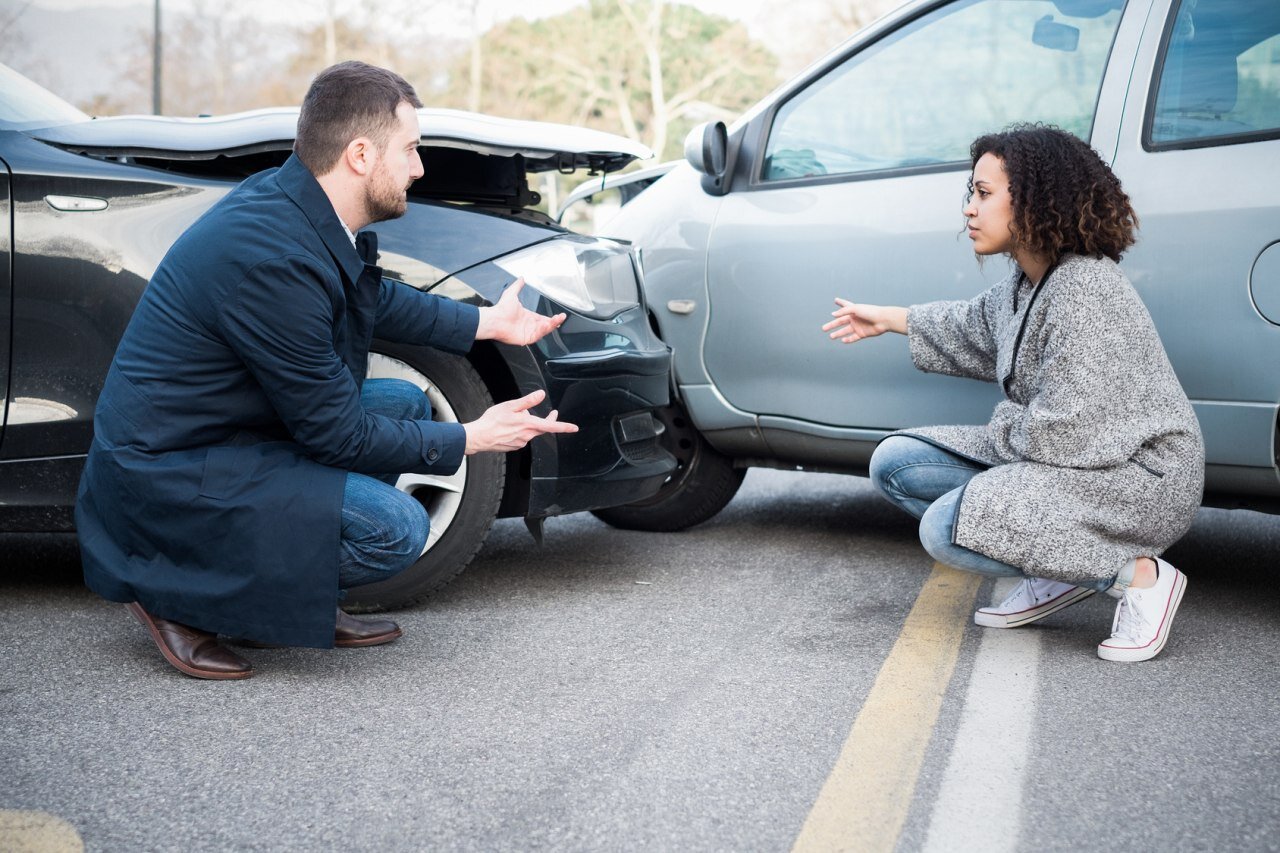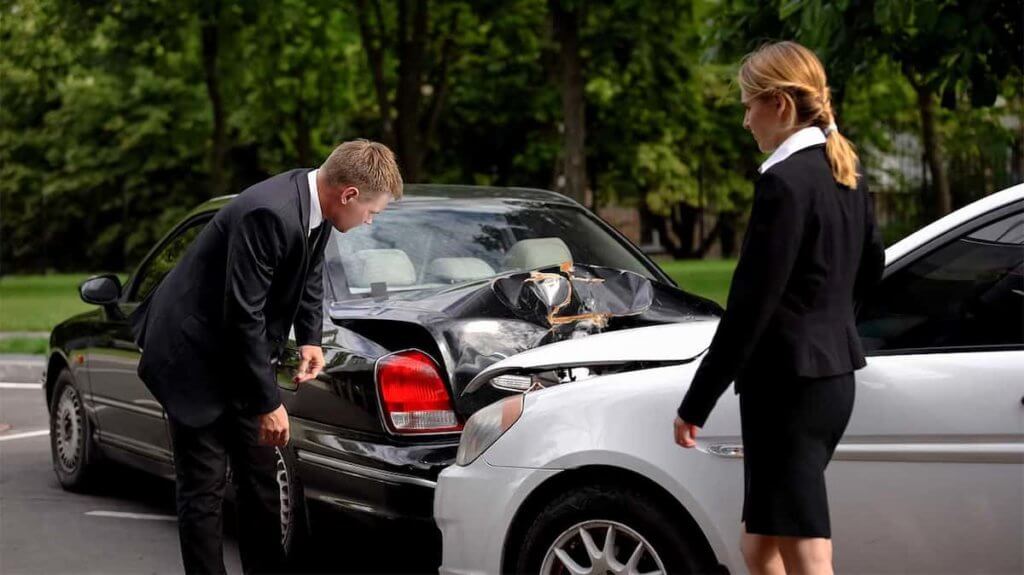lawyer accident guidance for effective legal action starts with understanding the unique complexities of accident-related legal cases and how professional representation can make a real difference for those seeking justice. Readers are invited to explore the vital role that accident lawyers play in protecting rights, securing compensation, and providing clarity during stressful situations. This overview introduces not just the profession but the practical impact of choosing the right advocate after an accident.
Accident lawyers handle a wide array of cases, ranging from car collisions and workplace injuries to slip-and-fall incidents, each presenting distinct legal challenges. Their responsibilities include evaluating claims, gathering evidence, negotiating with insurance companies, and representing clients in court. With specialized training and a deep understanding of legal processes, these professionals help clients pursue fair compensation while navigating critical deadlines and overcoming common obstacles in accident litigation.
Definition and Role of an Accident Lawyer: Lawyer Accident
Accident lawyers play a critical role in representing individuals who have suffered physical, emotional, or financial harm due to accidents. Their primary responsibility is to advocate for their clients’ rights, help them navigate the complex legal system, and pursue fair compensation for their losses. Accident lawyers serve as both legal advisors and negotiators, ensuring clients receive the justice they deserve.
Responsibilities and Scope of Work
An accident lawyer’s job goes beyond courtroom representation. They provide comprehensive support in evaluating claims, gathering evidence, communicating with insurance companies, and negotiating settlements. Their scope of work covers a wide range of tasks such as legal research, drafting legal documents, and preparing clients for testimony.
Qualifications and Certifications

Becoming a professional accident lawyer requires specific qualifications and credentials to ensure competency and ethical practice. Lawyers must have a law degree from an accredited institution, pass the bar exam in their practicing state, and continually update their knowledge through ongoing legal education. Some may pursue additional certifications in personal injury law to demonstrate their expertise.
Typical Legal Cases Handled, Lawyer accident
Accident lawyers manage diverse cases, each with unique legal considerations. The following table presents examples of typical cases:
| Case Type | Description | Potential Outcomes |
|---|---|---|
| Car Accident | Collisions involving personal vehicles, often resulting in injuries or property damage. | Settlement, trial verdict, or insurance payout |
| Workplace Injury | Injuries sustained at work due to unsafe conditions or employer negligence. | Workers’ compensation benefits, medical bill coverage, lost wage reimbursement |
| Slip and Fall | Incidents where individuals are injured due to hazardous conditions on another party’s property. | Compensation for medical expenses, pain and suffering, or property owner liability settlement |
Differences Between Accident Lawyers and Other Types of Lawyers
While accident lawyers specialize in cases involving personal injuries and liability, other lawyers may focus on areas such as criminal defense, family law, or corporate law. Accident lawyers possess expertise in negotiating with insurance companies and understanding medical terminology, setting them apart from general practitioners or attorneys in unrelated fields.
Types of Accidents Handled
Accident lawyers commonly deal with various accident scenarios, each requiring a tailored legal approach. Their expertise allows them to manage cases ranging from minor incidents to complex, high-stakes situations involving multiple parties.
Common Accident Types and Legal Procedures
The following table breaks down prevalent accident types, typical injuries, legal procedures, and estimated compensation ranges:
| Accident Type | Common Injuries | Legal Process | Compensation Range |
|---|---|---|---|
| Car Accident | Whiplash, fractures, head trauma | Claim filing → Investigation → Settlement negotiation or litigation | $5,000 – $100,000+ |
| Workplace Injury | Back injuries, repetitive strain, chemical exposure | Report to employer → Workers’ comp claim → Medical evaluation → Appeals if denied | $2,000 – $75,000+ |
| Slip and Fall | Sprains, concussions, broken bones | Incident documentation → Liability assessment → Negotiation or court claim | $10,000 – $250,000+ |
Specialized Legal Approaches
Each accident type demands unique legal strategies. For instance, car accidents may require accident reconstruction or expert medical testimony, while workplace injuries often involve navigating workers’ compensation laws and employer liability. Slip and fall cases hinge on proving property owner negligence and code violations. An experienced accident lawyer adapts their approach according to the nuances of each case.
Legal Procedures After an Accident
Navigating the aftermath of an accident requires a structured legal process to ensure clients’ rights are protected and claims are maximized. Accident lawyers guide clients through each step, minimizing stress and legal risk.
Step-by-Step Legal Process

The legal process typically unfolds in several stages:
- Initial consultation and case evaluation with the client.
- Collection of evidence, including accident reports, witness statements, and medical records.
- Assessment of liability and damages, often with expert input.
- Filing of legal claims or notification to relevant insurers.
- Settlement negotiations with the opposing party or insurer.
- If necessary, pursuing the case in court and presenting arguments to a judge or jury.
- Case resolution, including receipt and distribution of compensation.
Documentation and Evidence Requirements
Building a successful accident case hinges on collecting thorough documentation and evidence. Essential materials include medical records, photographs of the accident scene, witness testimony, incident reports, and receipts for related expenses.
Critical Deadlines and Statutes of Limitation
Timely legal action is essential for a successful accident claim. The following deadlines often apply:
- Filing a police report: Usually required within 24-72 hours after the accident.
- Statute of limitations for personal injury claims: Typically 1-3 years, depending on jurisdiction.
- Worker’s compensation claims: Often must be initiated within 30-90 days of the incident.
- Notification of insurance companies: Usually required within a few days or weeks post-accident.
- Submission of supporting evidence: Must be completed before settlement negotiations or court proceedings.
Importance of Timely Legal Action
Failing to act within required timeframes can result in lost compensation or dismissed claims. For example, missing the statute of limitations deadline in a car accident case can prevent the injured party from taking legal action, regardless of fault or damages incurred. Likewise, delayed evidence collection can weaken a case if crucial details are forgotten or lost over time.
Ending Remarks

In summary, lawyer accident services provide crucial support for individuals facing the aftermath of unexpected incidents. From guiding clients through legal complexities to maximizing compensation and addressing challenges, accident lawyers are indispensable allies in the pursuit of justice. Choosing a skilled and communicative legal representative can transform the outcome of an accident case, ensuring your interests are always at the forefront.
FAQ Explained
What is the difference between an accident lawyer and a personal injury lawyer?
The terms are often used interchangeably, but an accident lawyer typically focuses on cases involving accidental injuries, while a personal injury lawyer may handle a broader range of injury cases, including those not caused by accidents.
How soon should I contact a lawyer after an accident?
It’s best to contact a lawyer as soon as possible after an accident to ensure evidence is preserved and legal deadlines are met.
Do I need to pay upfront fees to hire an accident lawyer?
Many accident lawyers work on a contingency fee basis, meaning you pay only if you win your case, but it’s important to clarify fee arrangements during your first consultation.
What documents should I prepare before meeting an accident lawyer?
Bring any police reports, medical records, photographs of the accident and injuries, insurance information, and a written account of the events.
Can I handle an accident claim without a lawyer?
While it’s possible to manage your own claim, having a lawyer increases the likelihood of receiving fair compensation and helps navigate legal complexities.
